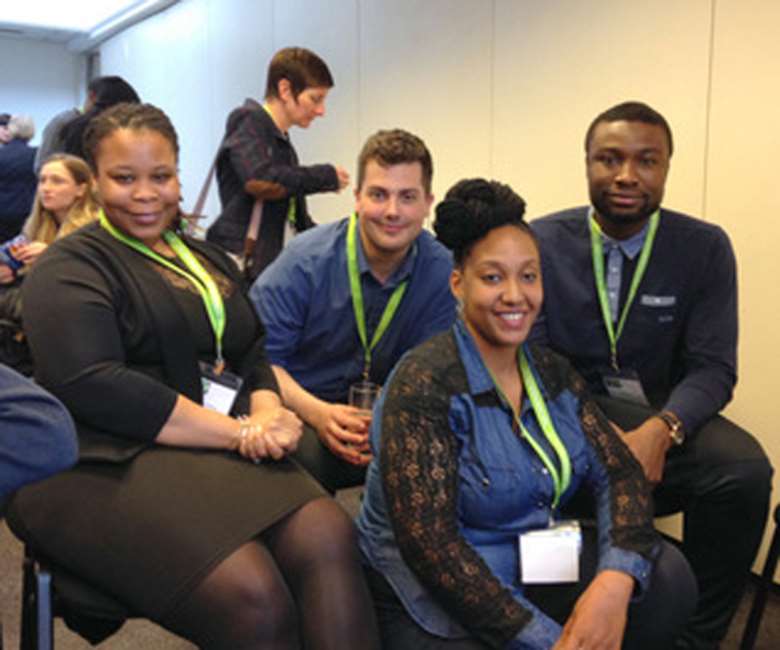Innovation in care leaver support
Janet Rich
Tuesday, August 30, 2016
Janet Rich explains how the New Belongings project has improved care leaving services.

The journey the New Belongings project has been on exemplifies what happens when the expertise of care leavers is harnessed and nurtured to enable their views to be taken seriously in the development of policy and practice.
New Belongings was conceived, designed and, to a significant extent, delivered by young adults who understand the systems inside out.
The original idea was for a "taskforce" of care leavers "to go into every local authority and show them where they are going wrong".
What we discovered was a system in crisis. Corporate parenting was fragile or non-existent and leaving care workers often felt so overwhelmed that they focused on daily fire-fighting and meeting minimum statutory duties.
The project started with care leavers shaming us all in their expression of a profound sense of injustice; describing their experiences of starting out in adult life feeling "segregated", "dumped" and "forgotten".
We discovered leaving care teams too felt like a Cinderella service in their councils; small teams of people themselves on a conveyor belt of low expectation, and leadership teams unaware, and apparently unconcerned, about how their corporate children were getting on in the world.
Partnership working
The New Belongings approach took care leavers, and the care leaver agenda, into the heart of councils. Care leaver forums were established or strengthened in the participating authorities, critiquing councils and creating solutions.
Care leaver panellists have been remarkable in putting aside their own negative experiences to focus on how they can use that experience and knowledge to change things for care leavers coming after them.
In the 29 participating councils, we saw a reigniting of passion and an awareness that getting things right for care leavers is a great deal more rewarding than getting them wrong. Great things follow when care leavers and those holding power over their lives became allies instead of enemies (see exemplars box).
Over the three years of New Belongings, the care leaver panellists have grown and developed. They are all incredibly able young adults, each one appointed on the basis of their own ideas and skills. They have earned the respect of those they set out to influence and proved able and compelling ambassadors.
The professionals supporting the care leavers' work brought their years of expertise to designing methodologies and structures for their implementation, while the participating authorities devised local solutions to the problems care leavers told them about.
One of those, Trafford Council, became the first local authority to receive an "outstanding" judgment from Ofsted for its leaving care service, exemplifying the principle that care leavers' voices should be heard on every committee in every area of council delivery.
New Belongings has lit a fire that can go on burning as long as it has fuel. All projects risk fading enthusiasm once the focus of attention and external scrutiny has been removed and the significant flux of key personnel at senior levels is a real barrier to continuity.
But the basic change messages have been strong enough to remain embedded. The government has also indicated it is keen to continue to fund projects that utilise the New Belongings approach through bids to the Children's Social Care Innovation Fund.
The messages of New Belongings - listen to care leavers; consider the impact of local policy on their lives; create opportunities; believe and show they matter; and take corporate parenting seriously - are not new.
The ethos of the project is that care leavers should be cared for, cared about and be able to care for themselves. This is not a lot to ask.
Methodology and other reports about New Belongings are available from www.newbelongings.org.uk/
29 local authorities participated in the project
3 number of years the project operated, funded through Department for Education grants
Source: Care Leavers Foundation
]]




